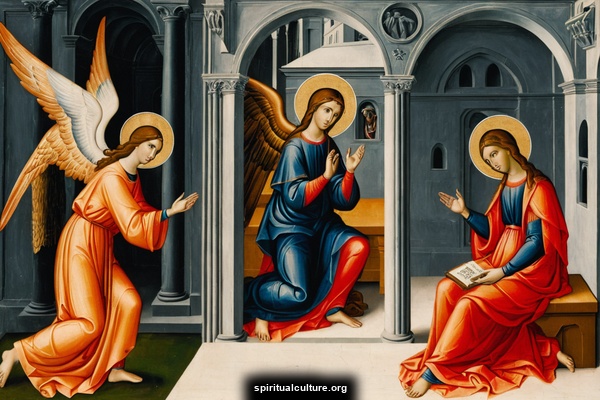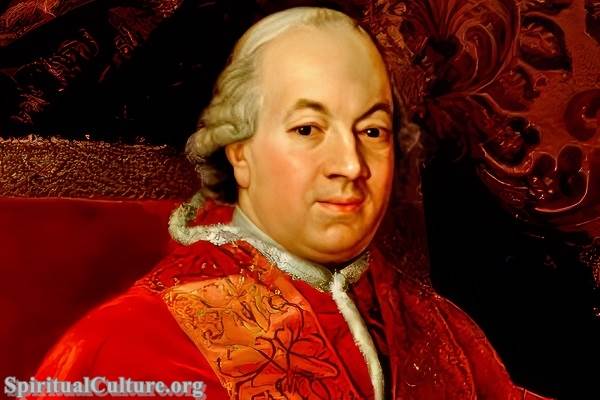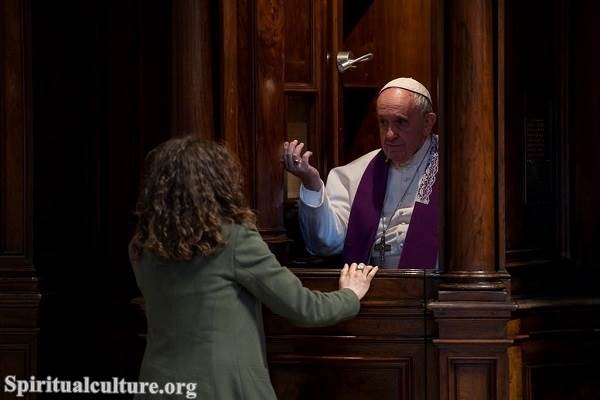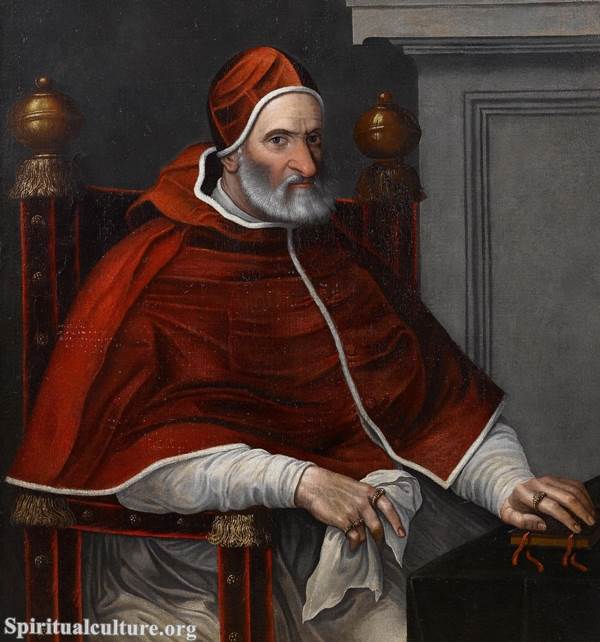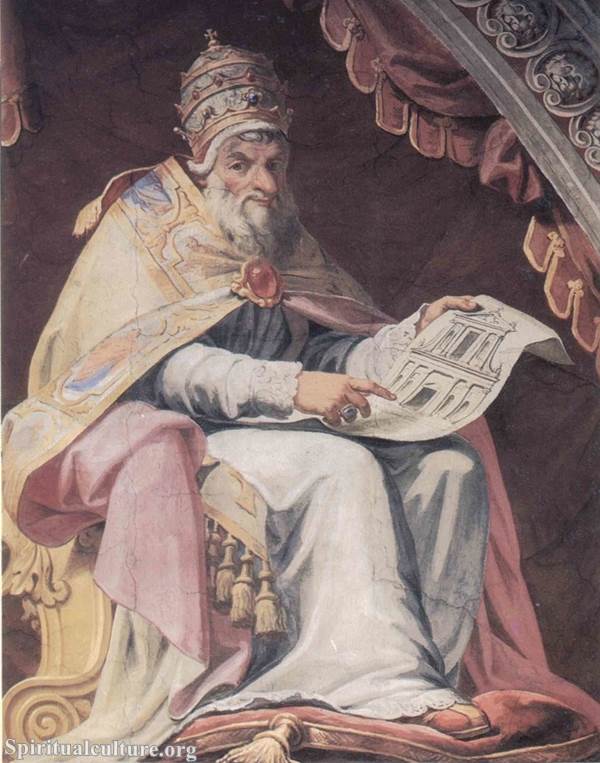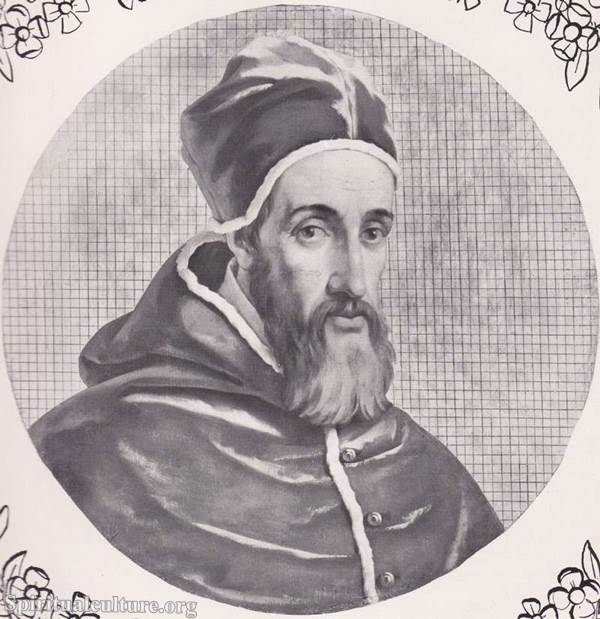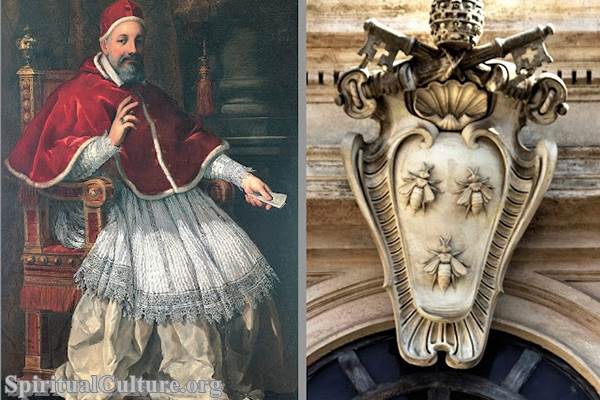Pope Pius’s life and legacy continue to inspire many within the Catholic community, and his contributions to the Church have been instrumental in shaping its doctrines and practices.
This article will delve into Pope Pius I’s life and times, exploring his impact on Catholicism and the Catholic Church.
Early Life and Ascension to Papacy
Pius I was born in Aquileia, Italy, around the end of the 1st century AD. He was of humble origin, with his father reportedly being a freedman. He ascended to the papacy in 140 AD, succeeding Pope Hyginus, and served as the Bishop of Rome until his death in 154 AD. Pope Pius I’s reign was during a critical period for the Catholic Church, which was still in its formative years and faced various challenges, including heresies and persecutions.
Contributions to Catholicism
Pope Pius I’s contributions to Catholicism are notable and far-reaching. He is credited with establishing various Church regulations, including those related to the date of Easter, which had been a contentious issue within the early Church. Pope Pius I also played a significant role in combating heresies, particularly the Marcionism and Gnosticism that threatened the Church’s unity and doctrinal purity. He was a staunch defender of the Catholic faith, and his unwavering commitment to preserving the Church’s teachings is evident in his writings and actions.
Pope Pius I and the Catholic Church
Pope Pius I’s influence on the Catholic Church was profound. His papacy was marked by a firm resolve to uphold the Church’s teachings and preserve its unity. Despite facing numerous challenges, including threats from various heresies and the Roman Empire’s persecution, Pope Pius I remained steadfast in his commitment to the Church.
His leadership was characterized by a strong emphasis on preserving the Church’s traditions and doctrines. He sought to maintain the integrity of the Catholic faith by combating heresies and establishing clear Church regulations. His efforts played a crucial role in shaping the Catholic Church’s identity and solidifying its place in the world.
Legacy
Pope Pius I’s legacy continues to resonate within the Catholic community. He is revered as a saint in the Catholic Church, with his feast day celebrated on July 11. His dedication to preserving the Church’s teachings, his firm stance against heresies, and his commitment to serving the Catholic community have left a lasting impact.
Pope Pius I’s life and papacy serve as a powerful reminder of the strength and resilience of the Catholic faith. His contributions to Catholicism have helped shape the Church’s identity and have played a significant role in its growth and development.
Conclusion
Pope Pius I was a pivotal figure in the history of Catholicism and the Catholic Church. His unwavering commitment to upholding the Church’s teachings, combating heresies, and serving the Catholic community has left a lasting legacy. His life and papacy are a testament to the strength and resilience of the Catholic faith, and his contributions have played a crucial role in shaping the Church’s identity. As we reflect on his life and legacy, we are reminded of the importance of steadfast faith, unwavering commitment, and dedicated service in our own spiritual journeys.
